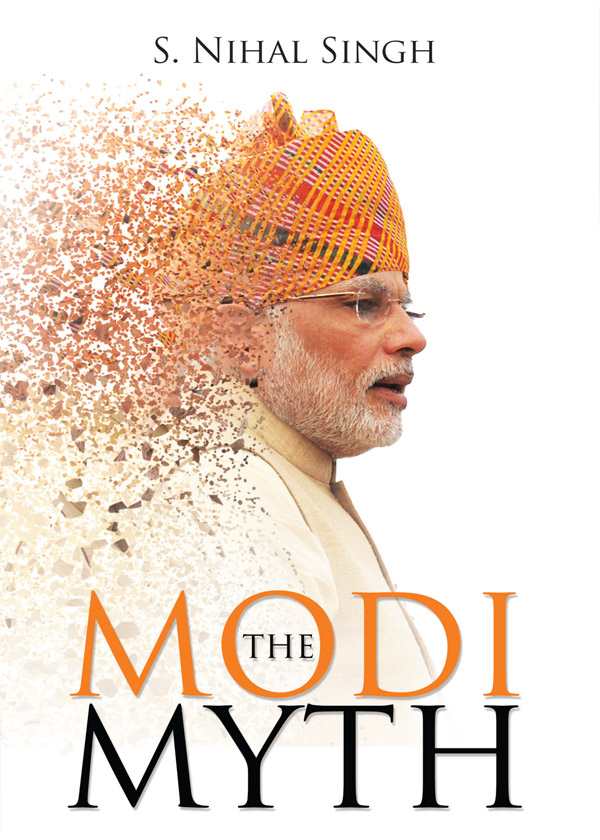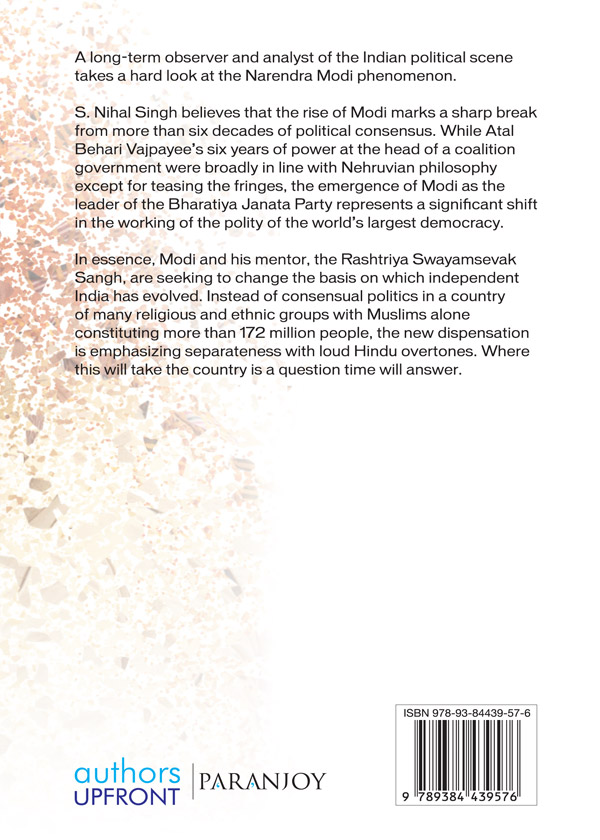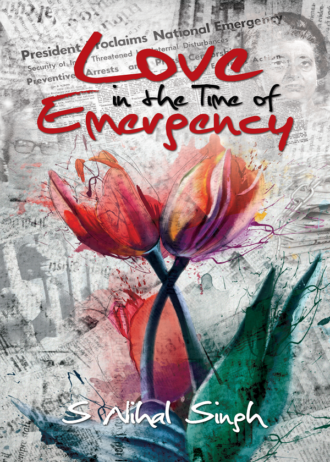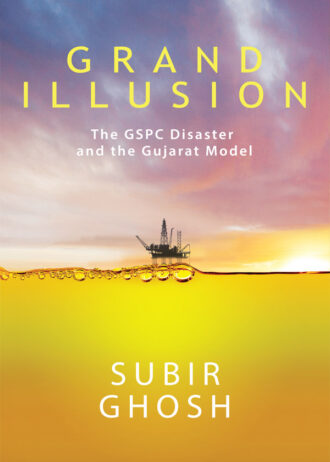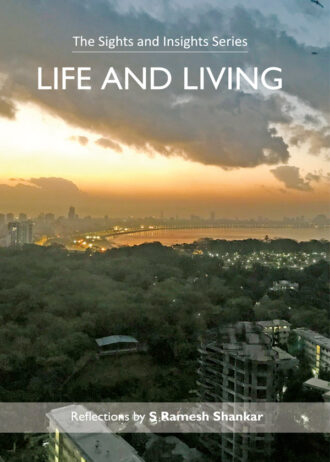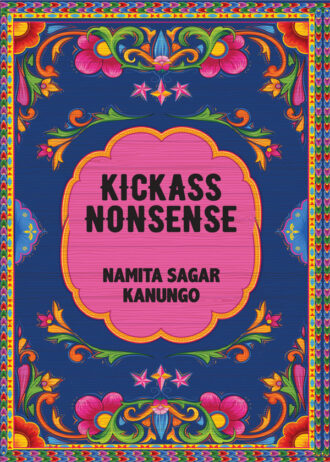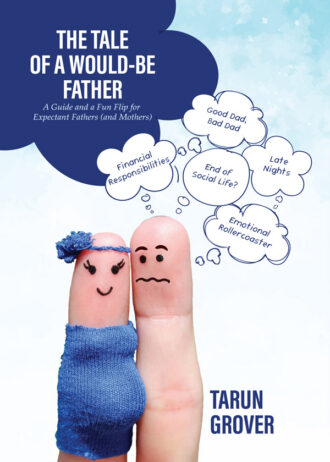A long-term observer and analyst of the Indian political scene takes a hard look at the Narendra Modi phenomenon.
S. Nihal Singh believes that the rise of Modi marks a sharp break from more than six decades of political consensus. While Atal Behari Vajpayee’s six years of power at the head of a coalition government were broadly in line with Nehruvian philosophy except for teasing the fringes, the emergence of Modi as the leader of the Bharatiya Janata Party represents a significant shift in the working of the polity of the world’s largest democracy.
In essence, Modi and his mentor, the Rashtriya Swayamsevak Sangh, are seeking to change the basis on which independent India has evolved. Instead of consensual politics in a country of many religious and ethnic groups with Muslims alone constituting more than 172 million people, the new dispensation is emphasizing separateness with loud Hindu overtones. Where this will take the country is a question time will answer.

